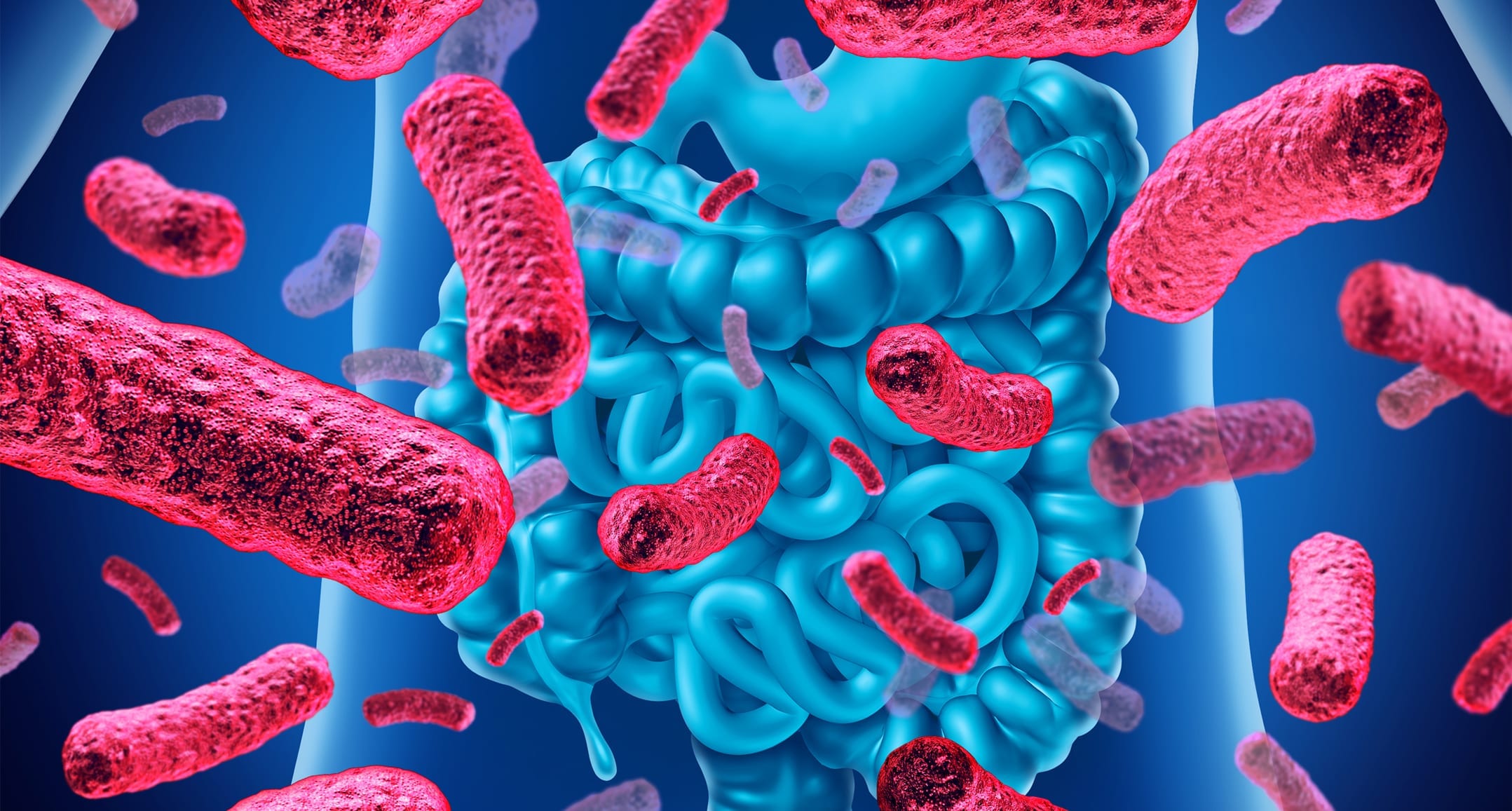Probiotics are one of the most commonly bought supplements, and it’s pretty easy to see why.
The microbiome affects almost every part of your body – your immunity, heart health, brain health, oral health…even your allergies! What’s tricky, is that there is not necessarily a one-size-fits-all approach when it comes to choosing your probiotic supplement, more specifically, the bacterial species and strains in your probiotic. The bacterial species that work well for your grandmother, will not necessarily be the best ones for you. The best probiotic for you depends on which good bacteria your body specifically needs. While you can go the route of testing each and every probiotic supplement (which takes time) and seeing how your body responds, you can also try listening to your body. Do you typically have a lot of digestive problems? Do you get sick often? Are you lactose intolerant? Your answers to these questions can shed some light on which types of species are right for you1. So we are here today to talk about which species do what. Buckle up, and let’s dive into the world of bacterial species!
First, let’s review the nomenclature. Probiotic bacteria are classified as Genus – Species – Strains, i.e. Lactobacillus is the genus, gasseri is the species and the number after it is the strain code. Knowing the “species” helps to more closely identify the specific characteristics of the bacteria genus. And the strain code provides even more detail on exactly which bacteria is in a supplement. Bifidobacterium and Lactobacillus are the two main genera (plural for genus) of probiotic bacteria. We’ll discuss the next level, the ‘species’, to better help you target which probiotic may be best for your needs.
Why the Bacteria in Your Gut Matters
Your gut microbiota contains about 100 trillion bacteria. That’s ten times more than the cells in your body! What’s more, there are more than 3 million microbial genes in your gut microbiota – that’s 150 times more than are in the entire human genome2. Simply put, without bacteria, you wouldn’t exist.
The beneficial bacteria in your intestine perform a multitude of important tasks. Not only do the human strains that naturally live in your gut favorably alter the microflora in the large and small intestines, they also promote good digestion and a healthy intestinal lining. One of their most important roles though, is that they protect your body against harmful bacteria, fungi, and viruses. They also help your body synthesize vitamins and absorb nutrients, and directly interact with your immune system to improve your overall health.
Human Strains vs. Other Strains
When it comes to choosing a probiotic, many people are beginning to look more closely at the source of the bacteria in their probiotic supplement. While some probiotic bacteria are sourced from plants or dairy, some also come from humans. You may be asking, what are human strain probiotics? Despite the name, human strain probiotics don’t actually contain human byproducts or ingredients. They are simply strains of beneficial bacteria that have been found to live in the human digestive tract3. This means that they are already adapted to thrive in the human gut. Bottom line, human strains can help make a probiotic supplement more effective.
Know Your Species
There are dozens of friendly bacterial species found in commercial probiotics, and they all help the body in different ways. Here are some of the most beneficial species for a healthy gastrointestinal tract4, and what each species can help with:
Bifidobacterium bifidum: Strengthens gastrointestinal immunity.
Bifidobacterium breve: Reduces intestinal inflammation and boosts the immune system
Bifidobacterium infantis: Improves IBS symptoms and helps eliminate E. coli in the gut.
Bifidobacterium lactis: Promotes good colon health.
Bifidobacterium longum: Enhances immunity. Effective against antibiotic-resistant bacteria. May also reduce LDL cholesterol levels.
Lactobacillus gasseri: Produces vitamin K, lactase, and anti-microbial substances. May help people with lactose intolerance digest dairy foods. Helps prevent indigestion and diarrhea, as well as yeast infections. L. gasseri also shows promise in healthy weight management.
Lactobacillus rhamnosus: Boosts cellular immunity. Reduces IBS symptoms and helps prevent recurrent bacterial vaginosis.
One of the hallmarks of a great probiotic supplement is if its species and strains have been clinically researched, and even more than that, if they have been clinically researched as the combined blend that is found in the supplement. Now, many probiotics out there do say “clinically studied” on their packaging, but oftentimes they are referring to clinical studies that have been carried out for each of the species, separately. The best-case scenario is if the probiotic’s combined species have been researched together which adds to the studies’ validity. For example, let’s say your probiotic contains these three species: Lactobacillus gasseri, Bifidobacterium bifidum, and Bifidobacterium longum. A clinical study reflecting the benefits of this blend of bacteria, not just each as a standalone bacterial species, is all the better, because then you have proof that they work well together, and you can see from the clinical study which gut health benefits you can look forward to enjoying.
Finding the right probiotic for your needs means looking a little deeper into the species and strains, and really assessing what specific benefits you are looking for. Choose a probiotic with species that are diverse and are compatible together. This can provide the beneficial support for good gut health that you need. To read about some of the common “myths” about probiotics, click here.
References
- https://www.wellandgood.com/good-advice/probiotic-bacteria-strains/slide/2/
- https://kyolic.com/the-story-behind-human-strain-probiotics/
- https://kyolic.com/the-story-behind-human-strain-probiotics/
- https://kyolic.com/healthyguides/The-Good-Gut/index.html?page=10
This article is for informational purposes only. This article is not, nor is it intended to be, a substitute for professional medical advice, diagnosis, or treatment and should never be relied upon for specific medical advice.

Share this Post